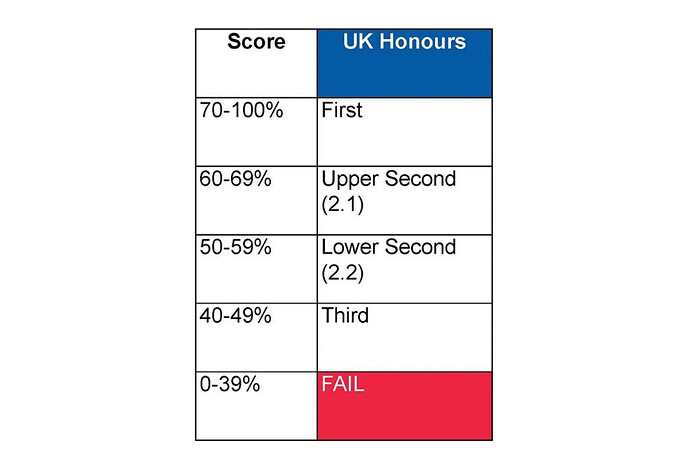Let’s take a journey into the world of academia, where we’ll explore how different subjects stack up in terms of the grades their students achieve. By looking at the percentages of top-tier and upper-second-tier degrees across various fields of study, we can gain valuable insights into academic performance trends. Today, we’ll dive into the data from the 2015/16 academic year to see how law students compare to their peers in other subjects.
In the academic year of 2015/16, there was quite a mix of outcomes for students in different fields of study. For law students, about 14% graduated with the highest honors, which is a bit lower than the average for all other subjects combined (24%). Meanwhile, students studying subjects like medicine-related topics had a great year, with 28% earning top grades. Engineering, technology, and computer science students also had reason to celebrate, with a solid 33% achieving first-class honors each. On the other hand, subjects that relied more on essays, such as social studies or history, saw around 20-21% of students landing top marks. But it was the math whizzes who stole the show, with an impressive 37% graduating with flying colors.
What’s interesting is that while law students didn’t lead the pack in first-class degrees, they made up for it in upper-second-class ones (2:1), with 58% hitting that mark—beating the overall average of 50%. So, when you combine the numbers, 72% of law grads walked away with either a first or upper-second-class degree, just a smidge below the 73% average. And it’s worth noting that many law firms look for candidates with at least a 2:1 degree when hiring for training contracts.
Source: Law is the hardest degree to get a first in - Legal Cheek
